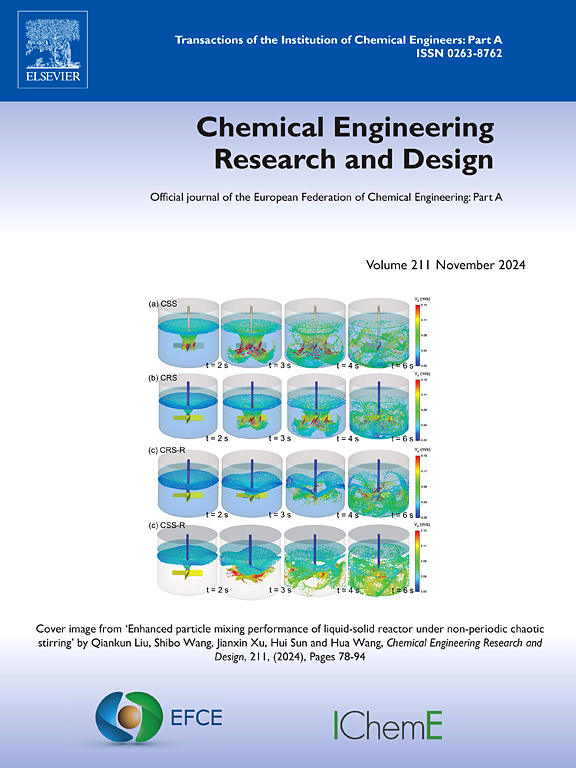Exploring clustering tools in process systems engineering: Innovations, applications, and future directions
IF 3.7
3区 工程技术
Q2 ENGINEERING, CHEMICAL
引用次数: 0
Abstract
Clustering techniques play a transformative role in optimizing complex systems across various domains, including Process Systems Engineering (PSE), healthcare, and network analysis. In PSE, these methods enhance fault detection, renewable energy systems, supply chain management, and chemical process optimization by simplifying large datasets, improving decision-making, and enabling sustainable solutions. Beyond industrial applications, clustering supports medical diagnostics and epidemiological studies, as well as social and technological network optimization, enabling better information flow and resource allocation. Researchers have expanded clustering applications by integrating them with other advanced machine learning techniques and real-time data analytics, fostering resilience and adaptability in dynamic environments. Despite these advancements, challenges persist, particularly in managing computational demands and developing adaptive, real-time clustering frameworks that address evolving landscapes. This review critically examines state-of-the-art clustering methodologies across these fields, comparing their contributions, limitations, and future potential. The discussion highlights interdisciplinary approaches and ethical considerations, emphasizing clustering’s role in tackling global challenges such as sustainability and energy transitions. Finally, the paper outlines emerging trends that will shape clustering applications in next-generation systems, digitalization, and artificial intelligence-driven optimization strategies.
求助全文
约1分钟内获得全文
求助全文
来源期刊

Chemical Engineering Research & Design
工程技术-工程:化工
CiteScore
6.10
自引率
7.70%
发文量
623
审稿时长
42 days
期刊介绍:
ChERD aims to be the principal international journal for publication of high quality, original papers in chemical engineering.
Papers showing how research results can be used in chemical engineering design, and accounts of experimental or theoretical research work bringing new perspectives to established principles, highlighting unsolved problems or indicating directions for future research, are particularly welcome. Contributions that deal with new developments in plant or processes and that can be given quantitative expression are encouraged. The journal is especially interested in papers that extend the boundaries of traditional chemical engineering.
 求助内容:
求助内容: 应助结果提醒方式:
应助结果提醒方式:


